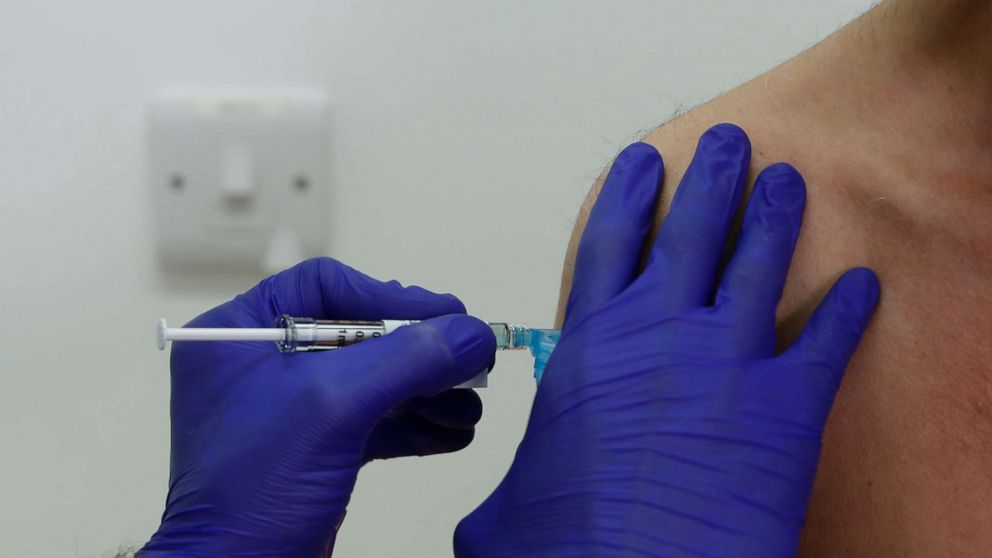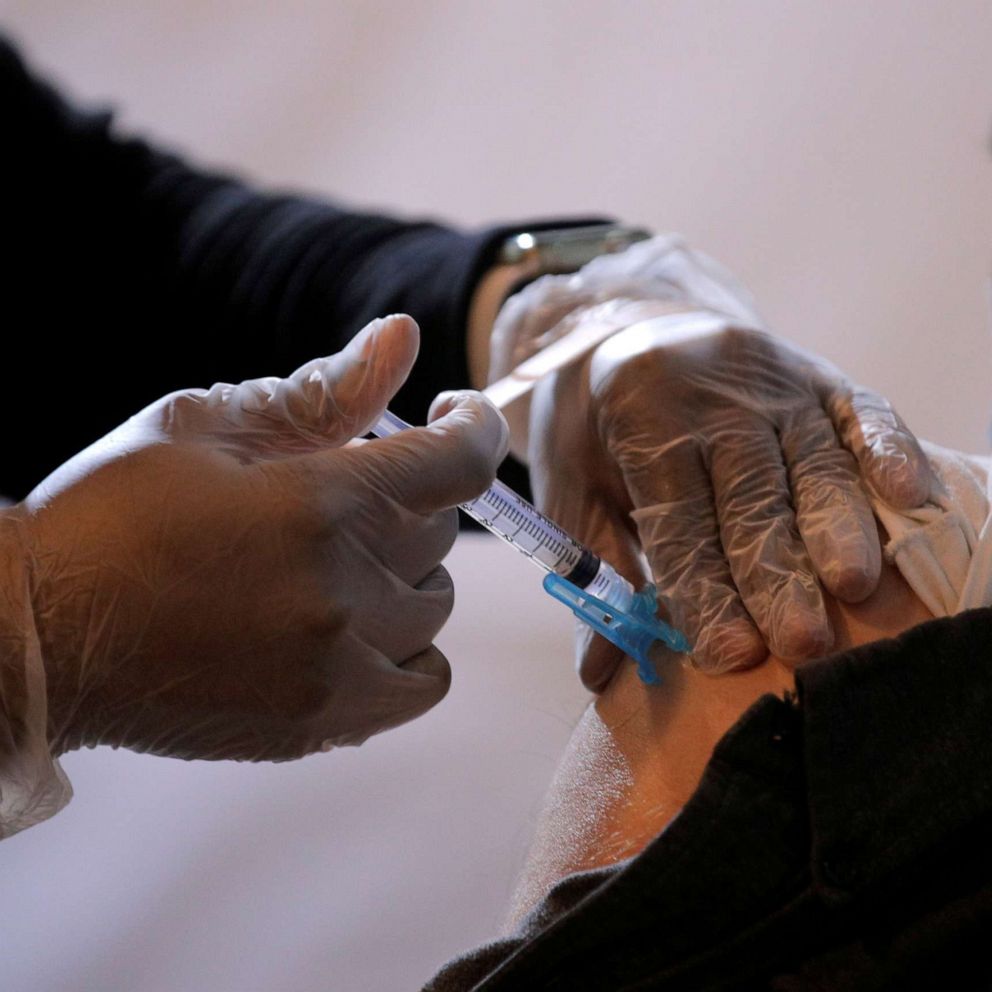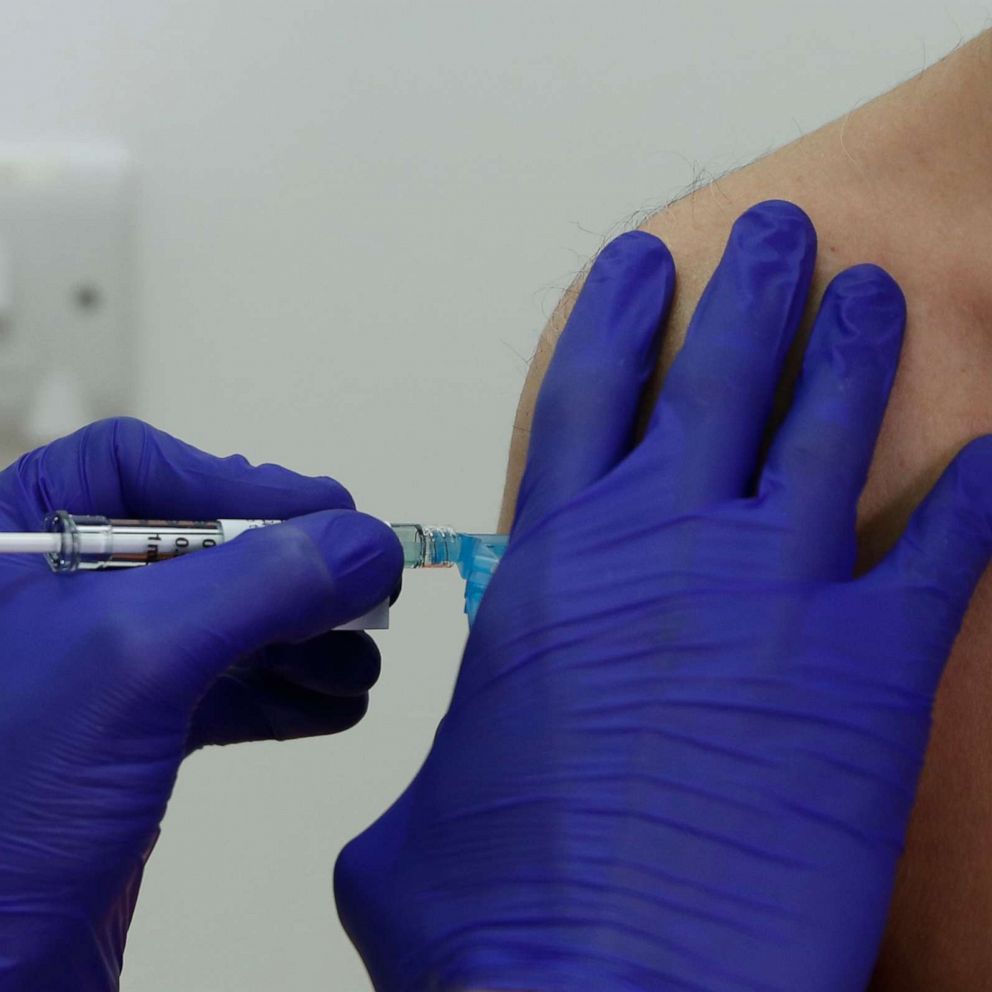Novavax COVID-19 vaccine: How it works and other things you should know
Maryland-based biotech company Novavax said Monday that its COVID-19 vaccine was shown to be highly effective in clinical trials, which puts it on track to become the fourth vaccine available in the United States.
Given the abundance of vaccines in the U.S., Novavax's vaccine may be available first in low- and middle-income countries through COVAX, the global vaccine sharing alliance. "At least in the foreseeable future, we’re going to have a bigger impact" outside the United States, Stanley Erck, president and CEO of Novavax, told the Wall Street Journal.
To date, Novavax has pledged 1.1 billion doses of its vaccine to COVAX.
While the vaccine still needs to be greenlighted by U.S. regulators, Novavax is on track to manufacture 100 million doses per month by the end of the third quarter and 150 million doses per month by the end of the fourth quarter. The company said it intends to apply for emergency use authorization from the Food & Drug Administration by this fall and plans to share more details from its Phase 3 trials as that data becomes available.
Here's what we know about Novavax so far.
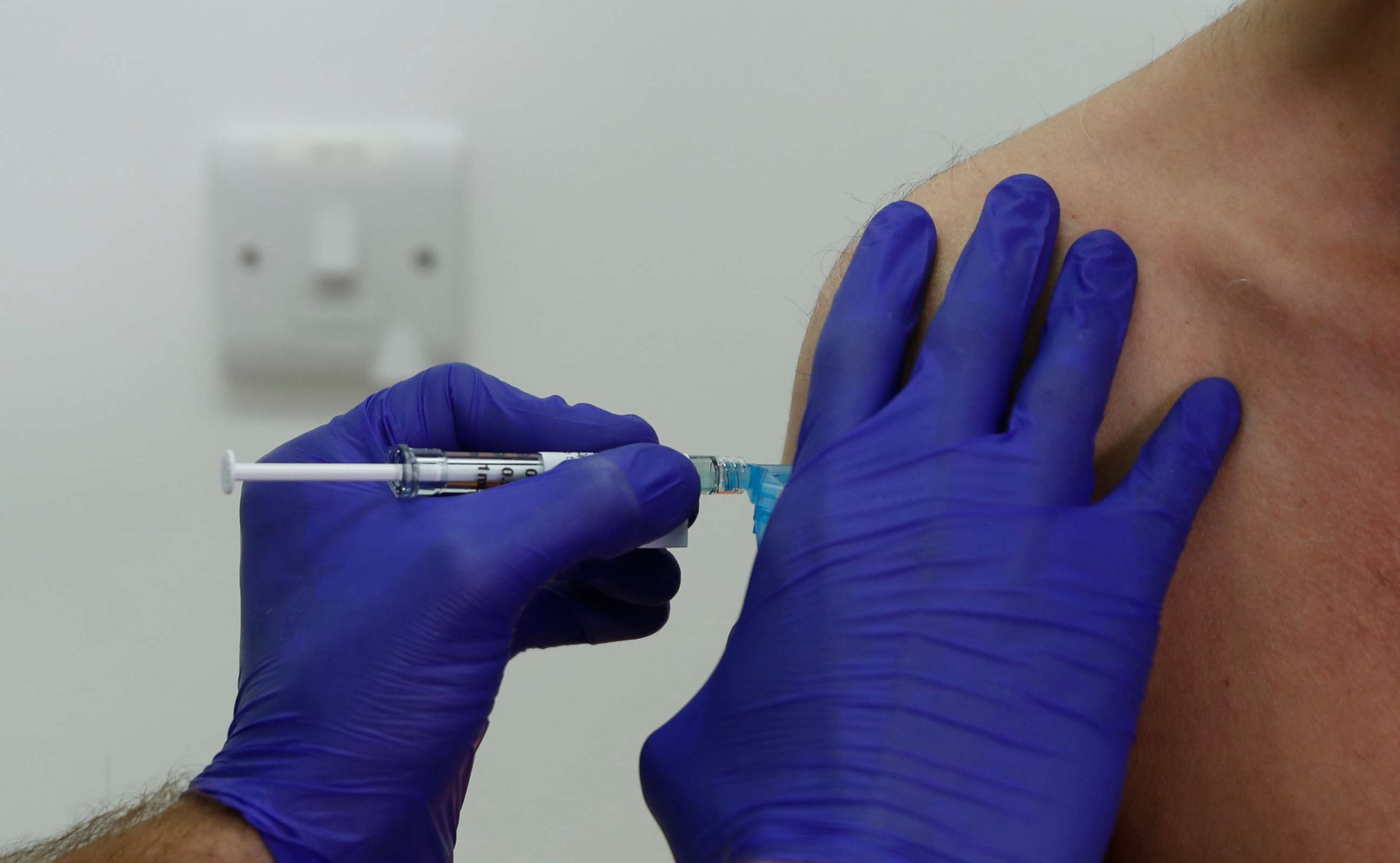
How does the Novavax vaccine work?
Novavax's COVID-19 vaccine is a two-shot formula that can be stored at refrigerator temperatures and utilizes different technology than the United States' three existing vaccines.
Pfizer and Moderna use mRNA technology that teaches cells to make a protein that prompts an immune response. The Johnson & Johnson vaccine uses a viral vector, or a modified version of a different virus, to prompt cells to produce the protein that triggers an immune response.
In contrast, Novavax is a protein subunit vaccine, meaning it uses a fragment of a harmless protein of the virus that's grown in a cell culture and stimulates an immune response.
How does Novavax compare to the other vaccines available in the US?
The Novavax vaccine was shown to be 90.4% effective overall, with 100% efficacy against moderate and severe cases of COVID-19, according to the company.
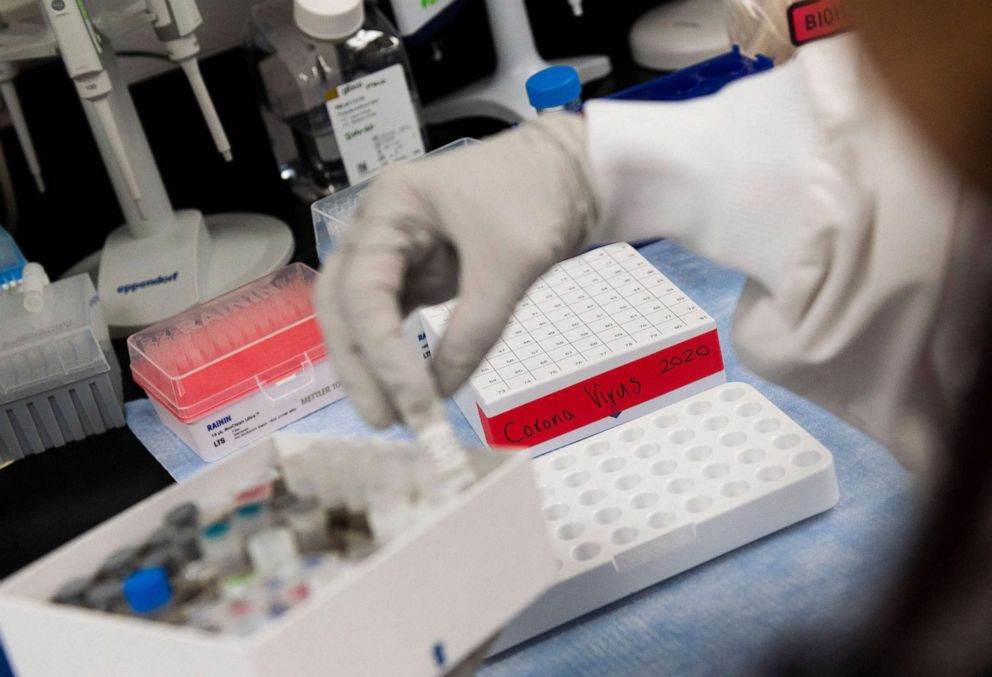
That puts Novavax on par with the two-shot Pfizer (95%) and Moderna (94%) vaccines and more effective than the one-shot Johnson & Johnson vaccine, which was 66% effective in clinical trials.
Does the Novavax vaccine work against variants?
Yes. The Novavax vaccine was 93.2% effective against circulating "variants of concern" and "variants of interest," according to the company.
The Centers for Disease Control and Prevention defines "variants of concern" as variants showing evidence of being more transmissible, causing more severe disease or causing significant reduction in antibody neutralization, which may make vaccines or treatments less effective. "Variants of interest" is a lower classification. It refers to variants that may have the potential to affect transmission, diagnostics or the effectiveness of vaccines or treatments, according to the CDC's definition.
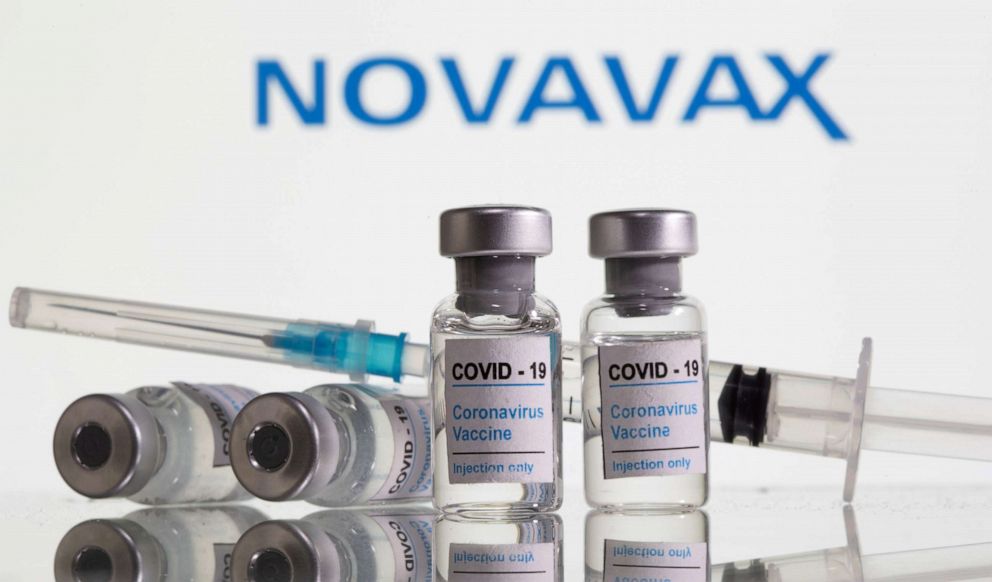
How do Novavax's side effects compare to other vaccines?
Novavax's side effects are relatively mild and similar to commonly reported side effects for Pfizer, Moderna and Johnson & Johnson.
The most common side effects reported in Novavax's trials were injection site pain and tenderness lasting less than three days, as well as fatigue, headache and muscle pain lasting less than two days.
ABC News' Morgan Winsor contributed to this report.
